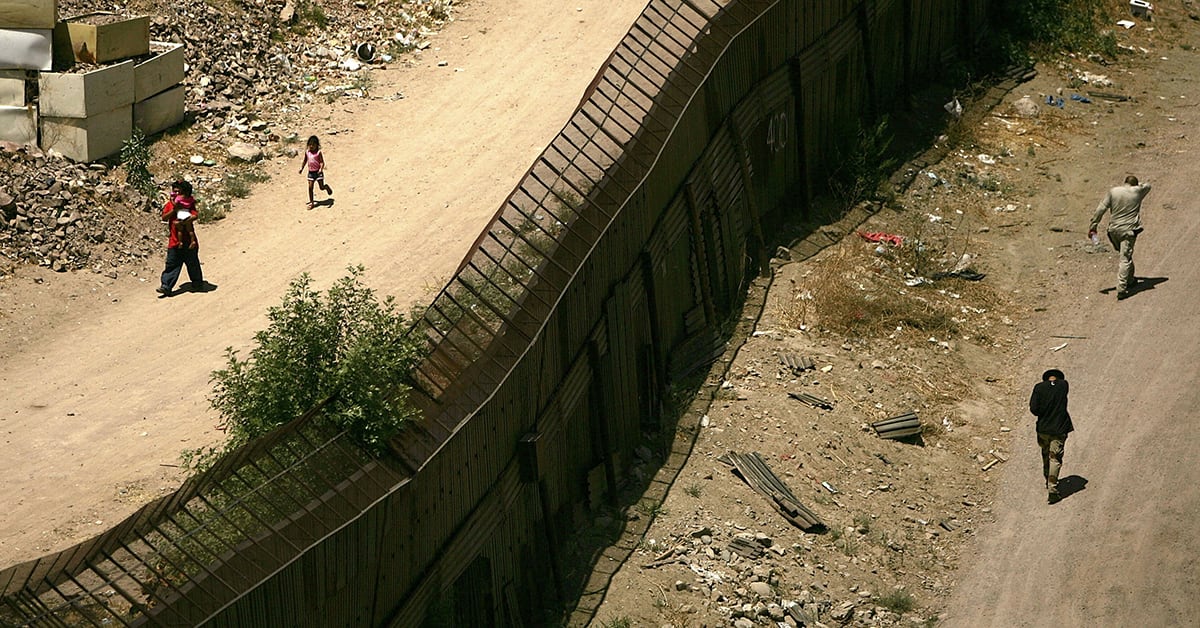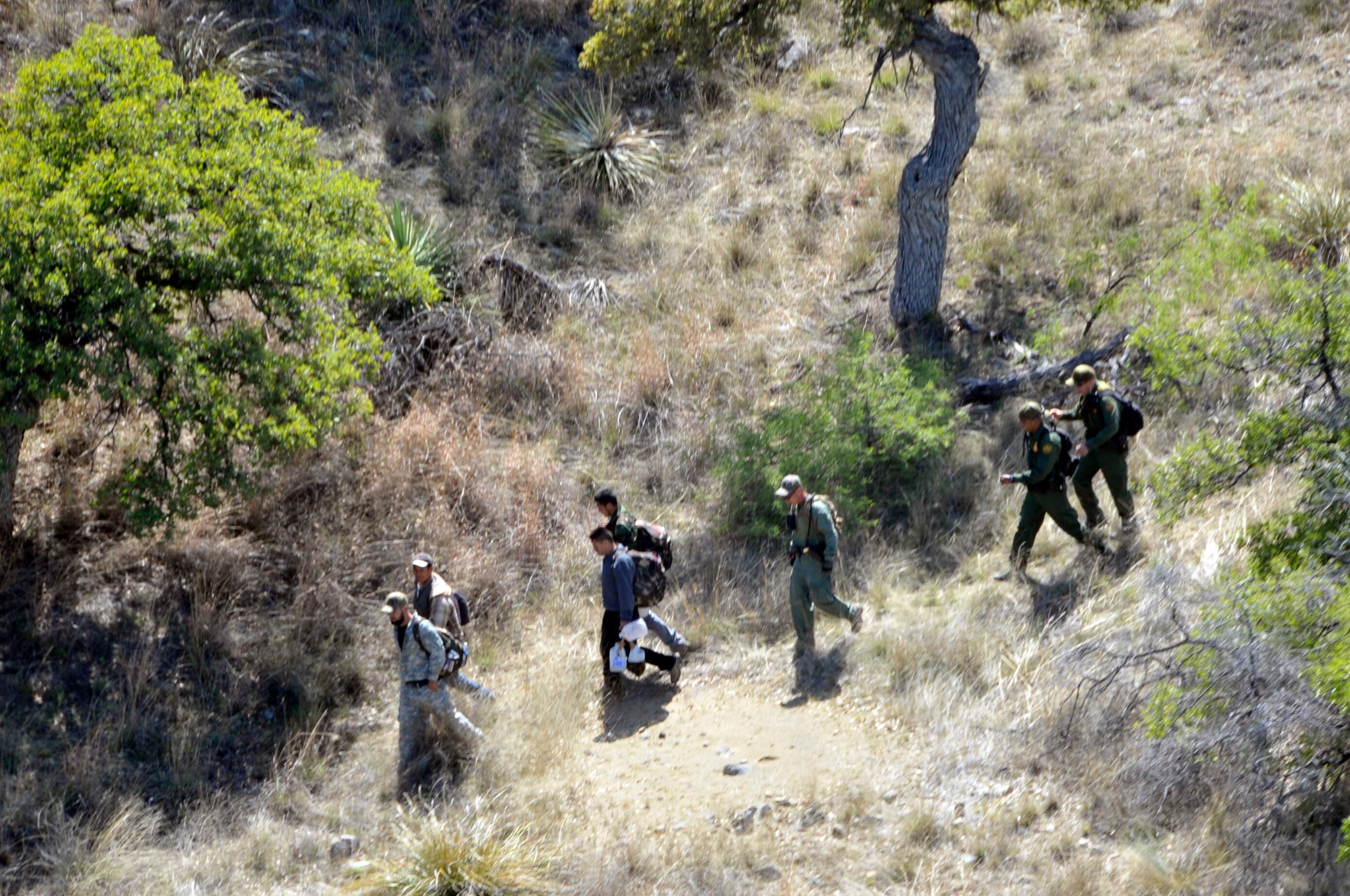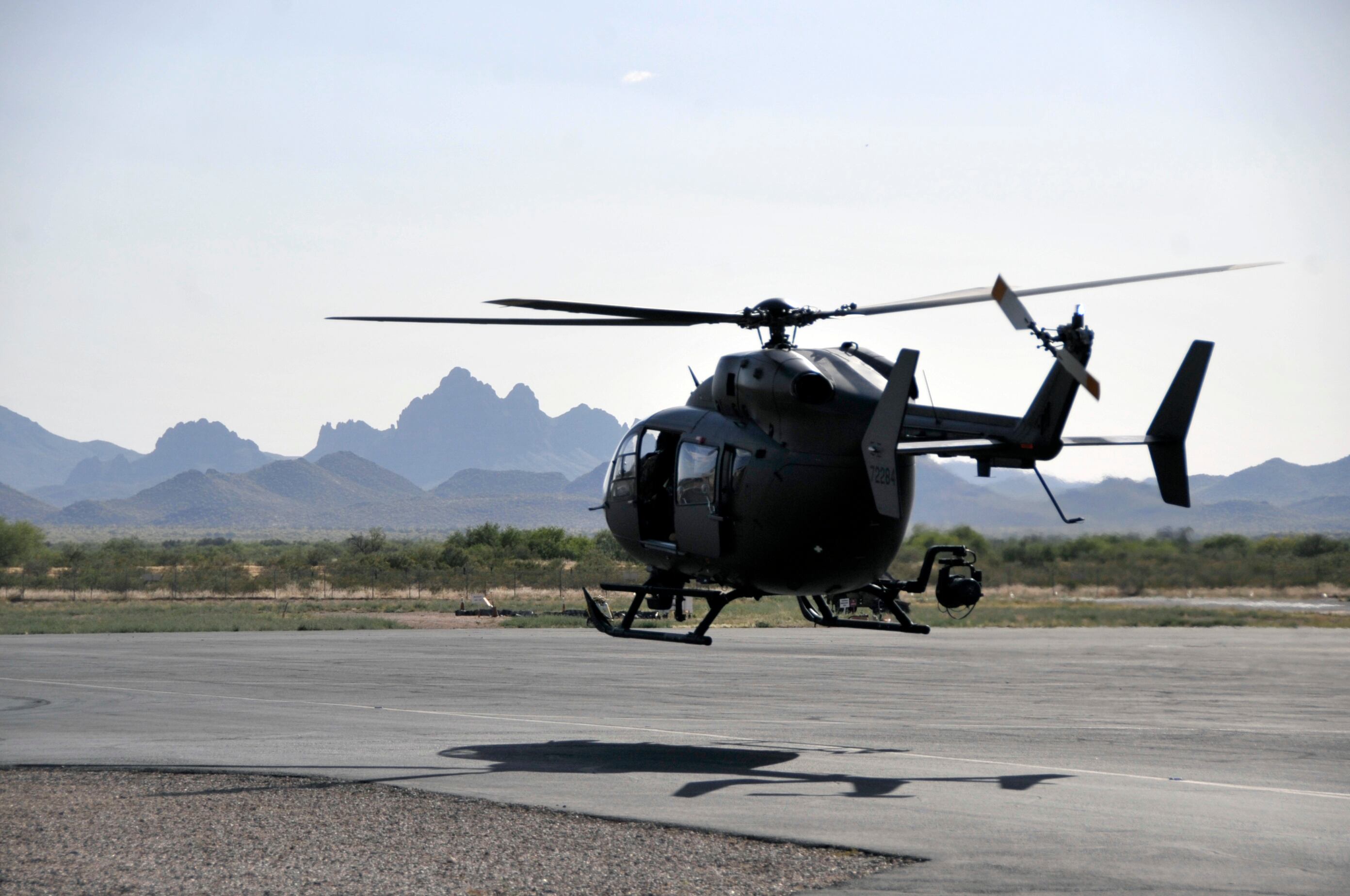The Department of Defense will find the money to pay for National Guard troops to work along the United States’ southern border, but the total cost is impossible to know at this time, Air Force Gen. Joseph Lengyel, chief of the National Guard Bureau, told the Senate Appropriations Committee Tuesday.
President Donald Trump announced in early April that he was directing the U.S. military to secure the U.S.-Mexico border, while waiting for a proposed border wall.
“With respect to funding for this issue … the Under Secretary of Defense Comptroller [David Norquist] has been directed to look across the department to find funds,“ Lengyel said.
How much of those funds the comptroller’s office will need to secure, though, remains unknown, according to Lengyel.
“I really couldn’t hazard a guess yet on the total cost of this operation,” he said, pointing to the fact that it will last until Sept. 30, and it’s only April.
Additionally, the general remained unsure of how many Guard troops would eventually be mobilized for the mission.
RELATED

As of today, there are 965 soldiers and airmen on the border, Lengyel said. But that number could go as high as 4,000 through the end of the fiscal year, he added.
Sen. Dick Durbin, D-Ill., questioned Lengyel on the costs of the operation, noting the previous high cost of Operation Jump Start — a military mission to aid U.S. Customs and Border Protection under the Bush administration that began in 2006.
“Operation Jump Start cost $1.2 billion for National Guard members over two years. Do you have any estimate as to what this operation is going to cost?” Durbin asked.

“It’s difficult to estimate, because I don’t know how many of the 4,000 the number will actually grow to,” Lengyel said. “And I don’t know how long they’ll actually stay.”
What Lengyel did offer lawmakers was assurances that the average daily cost of a Guard member at the border should be the “same as they’d be paid anywhere else, doing any other job,” he said. “There’s no difference in the cost.”
Still, Lengyel conceded that the military’s 2018 operations and maintenance budget will not cover other costs associated with the Trump administration’s border mission.
“The Department of Defense should work within the department to find funds for this mission, sir,” Lengyel told Durbin.
Some state and municipal officials have expressed concern that diverting their Guardsmen away from local duties leaves their states vulnerable.
Durbin quoted Bill McCamley, a state representative from New Mexico, who told the Albuquerque Journal about that issue.

“We’re going into forest fire season. A big percentage of the state is in drought right now, and if National Guard folks are continuously rotated down to the border for a problem that doesn’t exist, are they going to be available for a real problem when it happens?” McCamley said in the Journal.
“What’s your answer?” Durbin asked Lengyel.
“We have 450,000 men and women in the National Guard, and on the border today is [roughly] 1,000,” Lengyel said. “We could sustain that level without impacting state missions.”
“We’ll go to places where governors have an excess to deal with emergencies within their state, and those people should volunteer and move to the border,” he added.
He said that, if required, the Guard can rotate other soldiers and airmen to the border to alleviate the natural tensions that being away from home can put on a Guard member with a home, family and civilian job.

The sentiment was echoed by Lt. Gen. Charles Luckey, the chief of Army Reserve, who also spoke at the hearing.
He said the trick for the reserve component in general is to keep its members “ready enough that we’re relevant, but not so ready that our [troops] can’t keep meaningful civilian jobs and supportive family lives.”
As for what the Guard troops will be doing along the southern border, Lengyel said it is simply about providing assistance to Customs and Border Protection and the Department of Homeland Security. That mission includes maintenance, transportation, intelligence and surveillance.
“What they are not doing is any direct civilian law enforcement operations, and [they’re] not doing any direct contact with migrants,” he added. “Unless they were to be explicitly authorized by the Department of Defense, and that has not occurred.”
Kyle Rempfer was an editor and reporter who has covered combat operations, criminal cases, foreign military assistance and training accidents. Before entering journalism, Kyle served in U.S. Air Force Special Tactics and deployed in 2014 to Paktika Province, Afghanistan, and Baghdad, Iraq.





